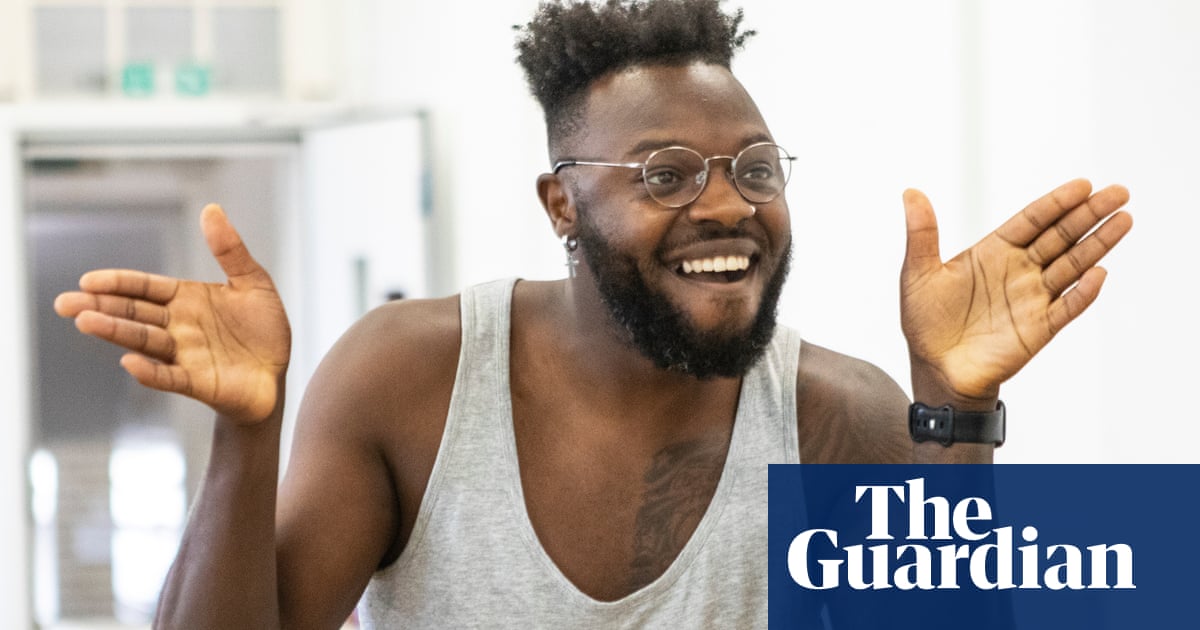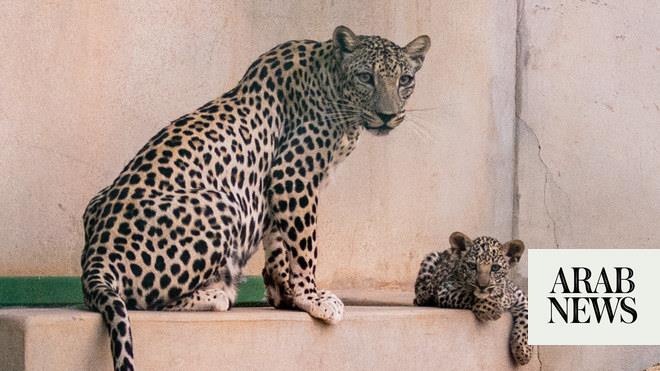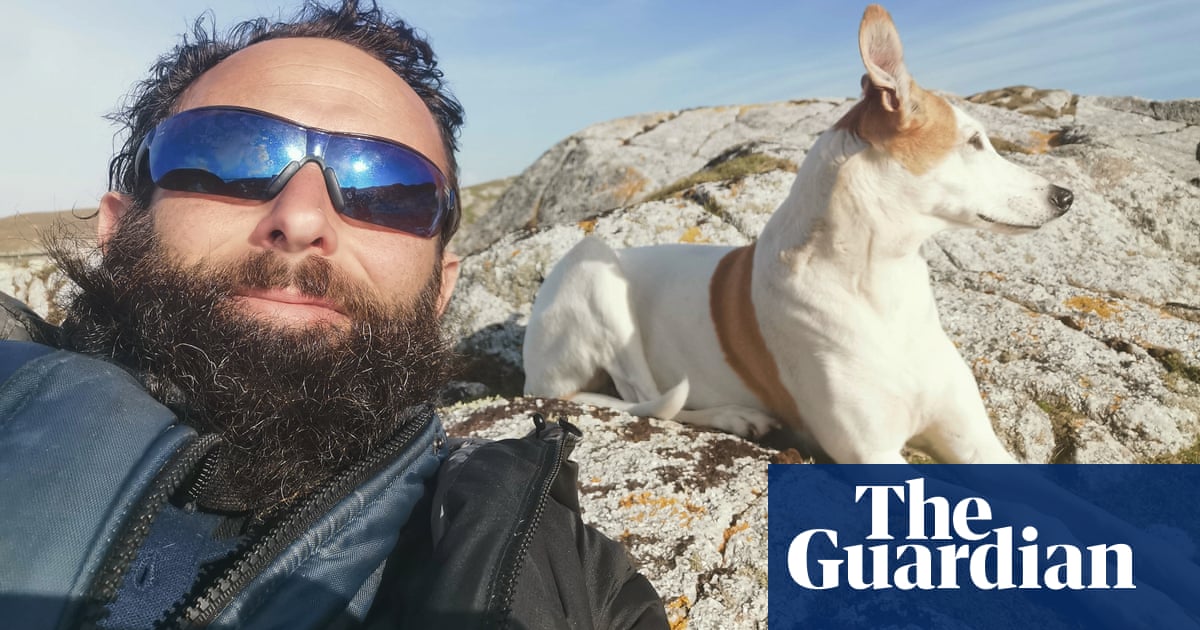
hile the BBC’s dollops of Bitesize Daily has reminded the country of the value of children’s television, there is another public-service initiative quietly climbing the charts. It is the awkwardly named Young Audiences Content Fund (YACF), which was launched in 2019 to reverse a collapse in the number of original British children’s programmes, where funding has fallen by 40% in 10 years.
No one knew if devoting £60m to a three-year-long experiment to subsidise programmes for four- to 18-year-olds could revive a creative sector that was dying on its feet or reintroduce variety beyond bought-in cartoons. But as the YACF enters year two, it is judged to have had a good start despite the pause in most TV production. Floella Benjamin, who championed it, says: “It is a success – it has opened the door to people whose voices have not been heard. The BBC can only do so much.”
It is also delivering a lockdown dividend, after it improvised by inviting children and teenagers to become involved in short, quality programmes for broadcast, after only a quarter of children polled said television reflected their lives.
If you want to see the output for yourself, try sampling the six-part Letters in Lockdown, available on All 4. One that touched me was made in three weeks, with Soham, a 16-year-old boy from Coventry, who writes to his absentee father in the Middle East: “I never felt I had a father figure; you drifted away,” he says, remarking he would have liked tips on shaving. As they share the letter, his father has teary moments and they reconcile.
An experiment in May called See Yourself on Screen challenged children to compete to make a short TV show (with mentors) resulting in 15 that made it to broadcast. I loved one from a young girl, Betsy – called Squeaks and Wheeks – about her guinea pigs. “My best friends in lockdown … they can sometimes get a bit smelly,” she says. So she gussies them up with a shampoo and groom in preparation for a guinea-pig tea party. This was all mentored by Jessica Hynes.
Home But Not Alone, on Channel 5’s Milkshake, features Joshua, seven, sharing his poetry: “Thoughts make me sad, hard to sleep / I miss my friends, Mum said to write it down”. S4C, hunting for talent, experimented with the Youth Eisteddfod: it asked children to send in videos of performances. It received 4,000.
Programmes winning backing range from a cartoon starring gay badgers to a beekeeping show. Other output in the pipeline include Makeaway Takeway on CITV, about turning rubbish into art, and an Aardman cartoon about Lloyd B Fly, a housefly living in a rotting apple in a suburban fruit bowl. “This series offers a fresh British sense of humour,” say the makers.
Milkshake is also commissioning its first drama, Mimi’s World – a Mary Poppins-style show set in a tower block – and has doubled its programme production budget. CITV has increased its commitment by 10%. One extra beneficiary is Sky News, expanding its FYI News child reporting team into current affairs.
The money comes from some unspent digital levy on the BBC licence fee. After years of lobbying, it was diverted into a British Film Institute-run fund and, though “contestable”, is narrowly targeted at ITV, Channel 4 and Channel 5 to bring them back to the children’s-TV table. (They had retreated after the 2006 ban on advertising certain kinds of food in children’s programmes rendered them uneconomical to produce.)
YACF, based in Manchester, is an eight-strong team of experts headed by a CBBC veteran, Jackie Edwards. “Here was a chance to try to put it right in some way,” she says. The fund has turned away those with obvious toy sponsors or a rootless “global nowhere-ness”.
To be eligible for cash of up to 50% of a programme’s budget – with no upper limit – the maker must secure a commitment from a free-to-air platform licensed by Ofcom for the first broadcast. The fund is there to support high quality, contribute to programmes that have public service value, reflect the experience of children in the UK and its culture, and stimulate knowledge and learning. “Netflix doesn’t need this money,” Edwards says. “Streamers lose the British feel.”
So far, £13m has been committed. “We have been overwhelmed by the quality of the applications,” Edwards says, picking out a surreal comedy for Channel 4, Don’t Hug Me I’m Scared, mixing puppets and YouTube cult songs, as well as a gameshow – Don’t Unleash the Beast – for CITV, which pits a team into a mythological world guarded by a ferocious beast. “It’s a massive joy … see how far a little can go, the talent is there.”
Lady Benjamin is determined the fund must continue so children of all backgrounds and races feel valued. It has also shown there is a place on mainstream TV for children’s passions, where a little girl can demonstrate how her vegetable kebabs bring crunchy joy to guinea pigs.












